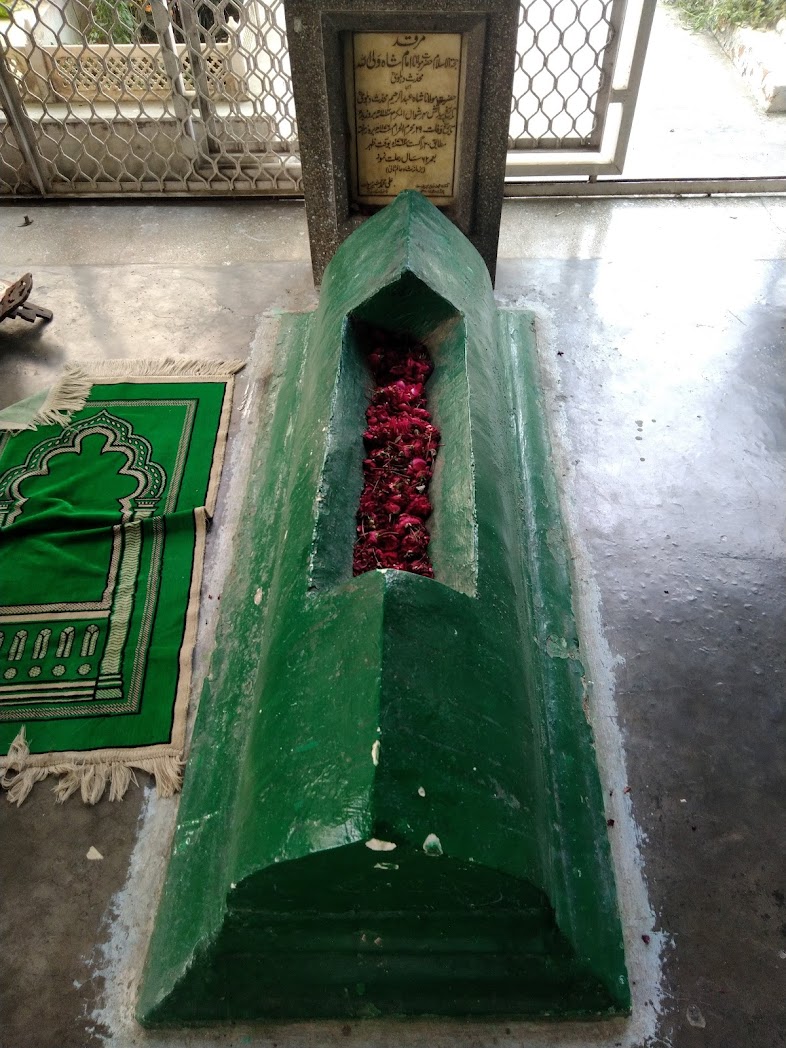



Shah Waliullah (born 1702/03, Delhi [India]—died 1762, Delhi) was a prominent Indian theologian and a key figure in the evolution of modern Islamic thought. He was the first to critically reassess Islamic theology in response to the changing dynamics of his time.Waliullah received a traditional Islamic education from his father and is said to have memorized the Qur'an by the age of seven. In 1732, he undertook a pilgrimage to Mecca, where he stayed in the Hejaz (now in Saudi Arabia) to further his religious studies under some of the most renowned theologians of the time. He came of age during a period of political and social disillusionment following the death of Aurangzeb in 1707, the last significant Mughal emperor. During this era, large parts of the Mughal Empire were lost to non-Muslim rulers, including the Hindu and Sikh leaders of the Deccan and Punjab regions. This political decline of Muslim power preoccupied much of Waliullah's later life.Shah Waliullah believed that the restoration of Muslim political strength could be achieved through religious reform that harmonized Islamic ideals with the evolving social and economic landscape of India. He argued that while religious ideas were universal and eternal, their application could be adapted to different contexts. His approach was based on the doctrine of ta?b?q, which called for reconstructing and reapplying Islamic principles in light of the Qur'an and Hadith (the recorded traditions of the Prophet Muhammad). Through this approach, he encouraged the practice of ijtihad (independent reasoning in Islamic legal matters), which had been largely restricted until then.As a part of his reforms, Waliullah reinterpreted the concept of taqd?r (predestination) and criticized its popularized version, qismat (absolute fatalism). He believed that while God determined the universe, human beings could reach their full potential through their own efforts. Theologically, Waliullah was opposed to the veneration of saints or anything that could compromise the strict monotheism of Islam (see taw??d). He was also jurisprudentially inclusive, asserting that Muslims could adhere to any of the four major schools of Islamic law (Hanafi, Maliki, Shafi'i, and Hanbali) on matters of belief and practice.Shah Waliullah's most famous work is Asr?r al-D?n ("The Secrets of Belief"). His annotated Persian translation of the Qur'an remains highly regarded and widely read in India and Pakistan.